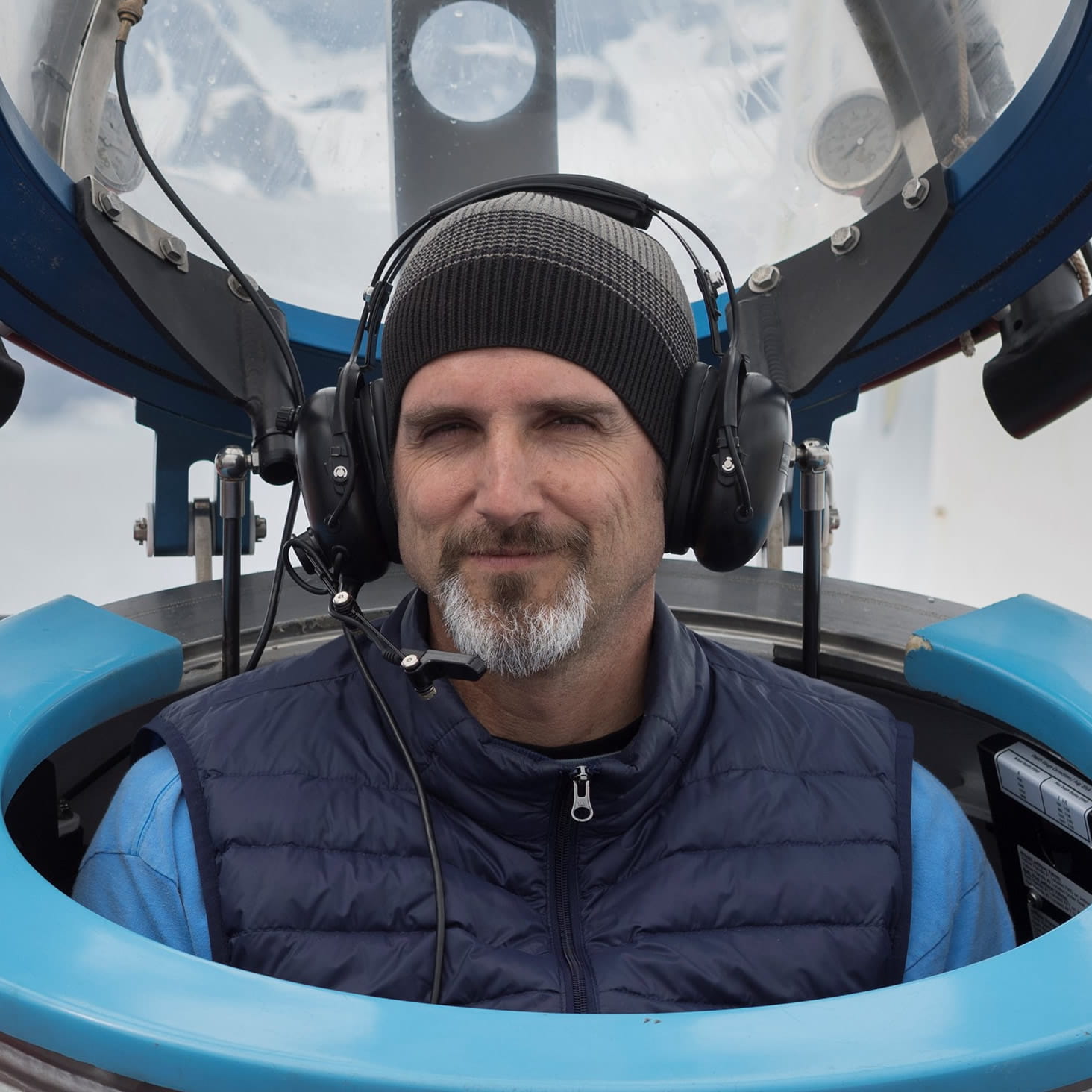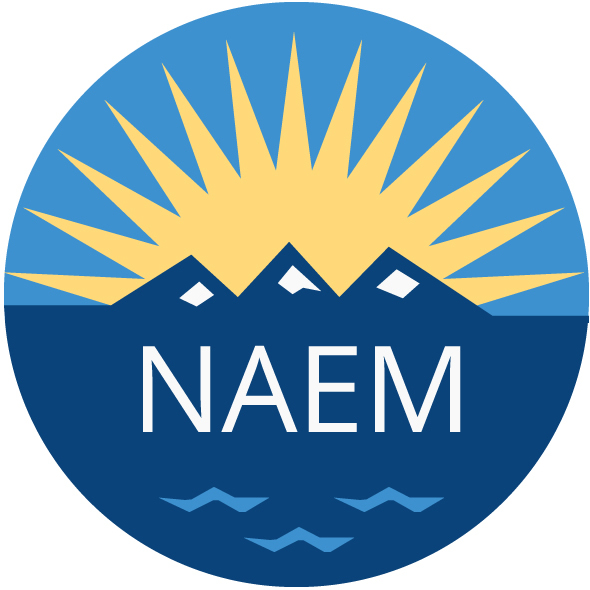John Hocevar, Campaign Director; Greenpeace USA

An accomplished campaigner, explorer, and marine biologist, John has helped win several major victories for marine conservation since becoming the director of Greenpeace's oceans campaign in 2004.
John has been featured on many national TV and radio networks, including CNN, BBC, ABC, NBC, Fox, and NPR, and has been quoted in the New York Times, Fortune, The Wall Street Journal, Science, New Scientist, Salon, Washington Post, The Times of London, and many others. John is also a regular presenter at refereed scientific meetings, such as the International Deep Sea Coral Symposium, Marine Conservation Congress, Alaska Marine Science Symposium, and the annual meetings of the American Association for the Advancement of Science.
John directed a campaign that secured the first cap on factory fishing for menhaden in the Chesapeake Bay (menhanden is the second largest fishery in the United States). In 2007, John led an expedition to the Bering Sea that employed submarines to conduct the first manned exploration of the world's largest underwater canyon. He and his team discovered a new species of sponge, and documented many corals and sponges that were not previously known to live in the Bering Sea.
In 2010 John helped lead Greenpeace's response to the BP Horizon oil spill in the Gulf of Mexico. John put together the scientific program for a three month-long research expedition to assess the true scope and impacts of the disaster, involving scientists from over a dozen independent institutions.
On the international level, John helped persuade the United Nations to protect deep sea corals and other vulnerable marine life from bottom trawling and other destructive fishing practices. As a member of the US delegation to CCAMLR, the body responsible for stewardship of the waters around Antarctica, he helped establish the largest marine reserve in the World, in the Ross Sea.
John has also played a leading role in Greenpeace's global anti-whaling campaign, successfully persuading the Japanese to drop plans to hunt humpback whales and to end all private investment in Japan's whaling industry. In early 2017, John worked with a team of Brazilian scientists to explore the Amazon Reef for the first time. Their discoveries helped stave off plans to drill for oil and gas in the region.
John has helped drive Greenpeace work to reform the world's tuna fisheries, championing an effort to get businesses to take responsibility for ensuring that their seafood is ethical as well as environmentally sustainable.
Prior to joining Greenpeace, John was involved in several environmental projects including the Sea Turtle Nesting Project in Florida, Coral Cay Conservation in Belize, and as an environmental educator for Marine Science Under Sails in Florida. He is a graduate of the Green Corps organizing fellowship, a program dedicated to training the next generation of environmental leaders and previously worked at Corporate Accountability International.

